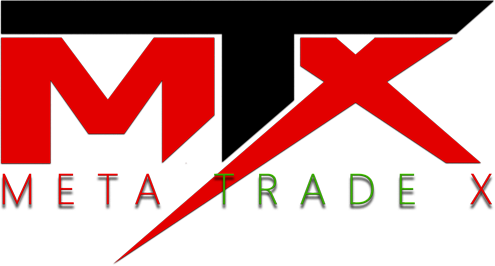Get 24/7 Free Assistance
FAQs
Find Answers to Common
Questions
-
01
What Is the Forex Market?
The foreign exchange market is where currencies are traded.
The foreign exchange market is where currencies are traded. This international market's most unique aspect is that it lacks a central marketplace. Instead, currency trading is conducted electronically over the counter (OTC). This means that all transactions occur via computer networks among traders worldwide rather than on one centralized exchange.
The market is open 24 hours a day, five and a half days a week. Currencies are traded worldwide in the major financial centers of Frankfurt, Hong Kong, London, New York, Paris, Singapore, Sydney, Tokyo, and Zurich—across almost every time zone. This means the forex market begins in Tokyo and Hong Kong when the U.S. trading day ends. As such, the forex market can be highly active at any time, with price quotes changing constantly.
-
02
How Does the Forex Market Work?
The FX market is the only truly continuous and nonstop trading market in the world.
The FX market is the only truly continuous and nonstop trading market in the world. In the past, the forex market was dominated by institutional firms and large banks, which acted on behalf of clients. But it has become more retail-oriented in recent years—traders and investors of all sizes participate in it.
-
03
Where Is It?
An interesting aspect of world forex markets is that no physical buildings function as trading venues.
An interesting aspect of world forex markets is that no physical buildings function as trading venues. Instead, it is a series of connected trading terminals and computer networks. Market participants are institutions, investment banks, commercial banks, and retail investors from around the world.
-
04
Who Trades on It?
Currency trading was very difficult for individual investors until it made its way onto the internet.
Currency trading was very difficult for individual investors until it made its way onto the internet. Most currency traders were large multinational corporations, hedge funds, or high-net-worth individuals (HNWIs) because forex trading required a lot of capital.
Commercial and investment banks still conduct most of the trading in forex markets on behalf of their clients. But there are also opportunities for professional and individual investors to trade one currency against another.

